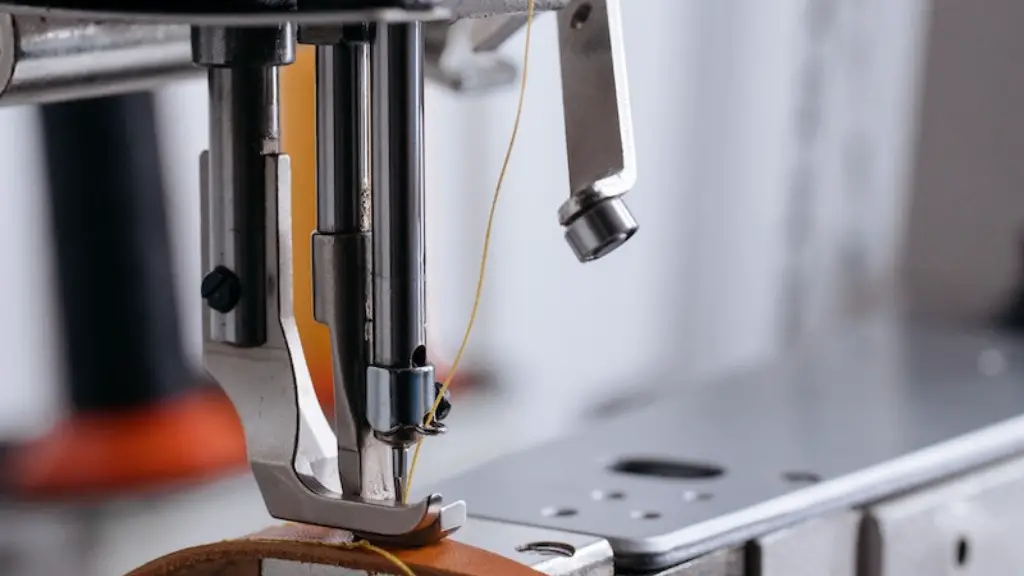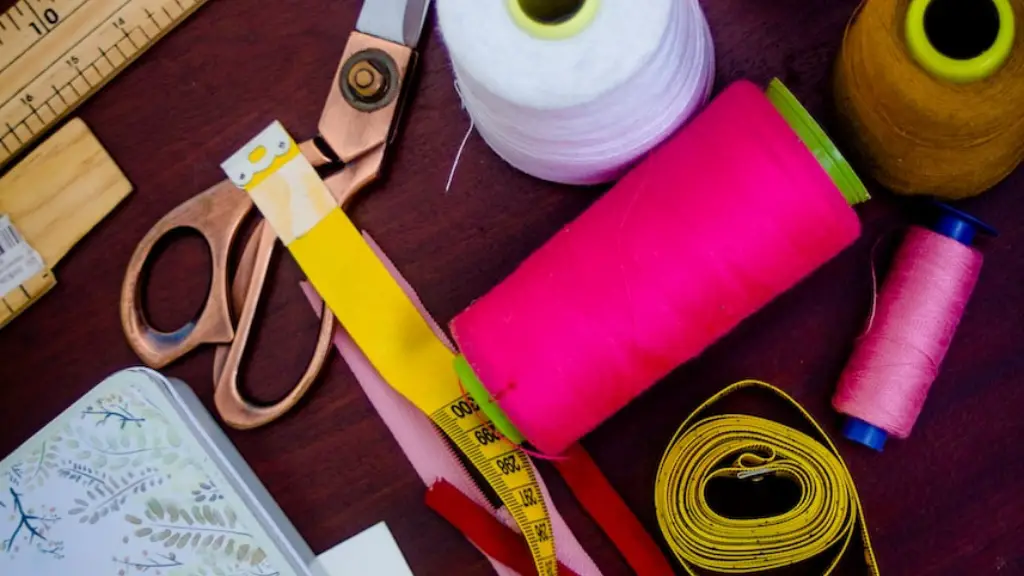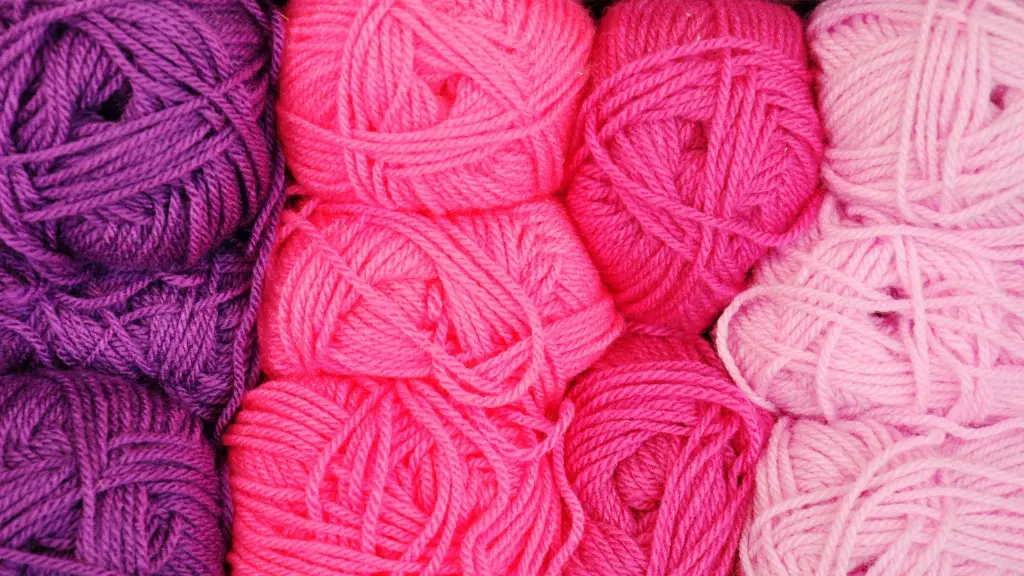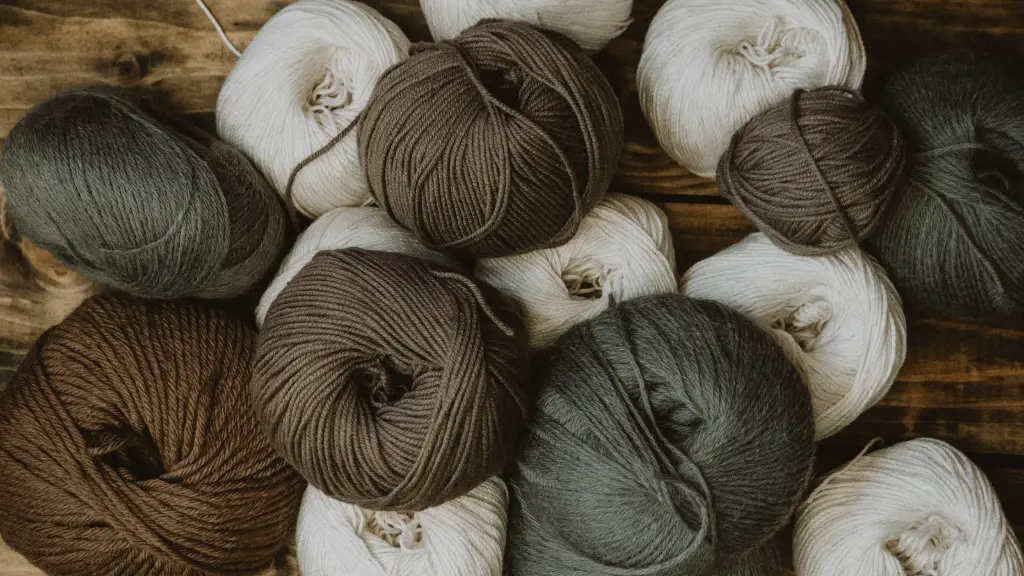Do Sewing Machines Come with Thread?
A sewing machine is the cornerstone of many people’s garment-making process, and this useful device requires thread in order to function properly. Thread is necessary for a sewing machine to make stitches, and it comes in a variety of colors and thicknesses based on what projects you’re designing. Many customers may be wondering if they will receive thread when they purchase a sewing machine.
The short answer to thequestion of whether sewing machines come with thread is no. Sewing machine dealers typically do not provide thread with their machines. This isn’t an issue, though, because most of the time, thread can be found at the same store where the sewing machine was purchased, or at any hobby or fabric store.
John Brodsky, a sewing machine expert from Sew House 7 Art Supplies, explains why most vendors don’t provide thread with their machines. He says, “It’s difficult for us to get the customer the exact type of thread for their particular sewing machine. We do offer a wide selection of thread, but if someone has a unique color or fiber type in mind this might be challenging.”
In addition, some machines do not come with specific notions, like bobbins or needles. This is why the best approach is to view sewing machines as the platform you build on with other supplies. Purchasing the correct thread, bobbins, and needles will give you a much smoother sewing experience with fewer kinks along the way.
To start, the threads you purchase for your sewing machine should match the fabric type and project you’re working on. Thread is available in both natural and synthetic materials, such as polyester, silk, and cotton. For heavy projects like denim, upholstery, and leather, your thread needs to be thick and long-lasting. A weaker thread would fray and break, which would ruin the project. Letting a sewing machine expert or fabric store employee help you find the right thread will ease the guesswork in the selection process.
Types of Thread
Once you’ve gathered the right knowledge on what type of thread your machine needs, the next step is to choose the right product. There are different types of thread to fit different projects. A few main thread types include quilting cotton, all-purpose polyester, and metallic.
Quilting cotton is the best choice for smaller projects like quilts and garments. The threads are more delicate and lightweight, so they won’t fray or break easily under normal use. All-purpose thread is great for general crafting tasks, and it uses polyester material that makes it strong and reliable. Metallic thread is ideal for any project that needs a hint of sparkle or texture. These threads come in thicker varieties, so it’s great for heavier fabrics.
Choosing the Best Thread Size
When selecting the right thread for your project, thread size is important and can be an indication of how strong the thread is. Thread size is indicated in numbers, and the bigger the number, the finer the thread is. For example, a size 50 thread is typically used for heavier fabrics like denim, while size 70 is best for lighter fabrics.
Using the wrong thread size can be hazardous and cause your machine to malfunction or produce an outcome that isn’t satisfactory. Keep in mind that the correct thread size will depend on the type of project you’re working on. To properly equip your projects with the best thread size, start by using regular polyester thread for general garments and other lighter weight fabric.
Common Tips for Threading a Sewing Machine
Threading a sewing machine can be an intimidating task for those who are new to the art of sewing. Follow these steps and tips to make sure your machine runs smoothly from the start:
- Read the machine manual before beginning.
- Check filament type, size and length.
- Cut ends of the filament to be smooth.
- Begin by threading the spool part of the machine.
- Advance through the upper and lower thread guides.
- Finish with the take-up lever and then place the thread in the needle.
The Benefits of Threading
When you thread your needle correctly, all parts of the machine work together as one. This allows for better synchronization of the needle, fabric, and thread. Threading also gives you control over fabrics and allows you to easily adjust tension for stitches. As an added bonus, using the right thread for the project gives your garments and fabrics a finished, professional appearance.
Thread Tricks from the Pros
If you find that you’re having difficulty threading your sewing machine, the pros at sewing house 7 Art Supplies recommend using a thread lubricant before starting. Lily Kinney, a sales associate from the shop, says, “Thread is a natural fiber and just like other materials it can become dry or brittle over time. Thread lubricant helps to add a bit of moisture back into the fiber, which will make it easier to thread a sewing machine.”
Thread Maintenance is an Investment
With the right knowledge, you can make sure your sewing machine is always equipped with high-quality thread. Many beginners may think that threading a sewing machine is just a one-time step, but the thread maintenance should continue throughout your projects. Investing in the right thread types for your projects will give you professional-grade results that are easy to achieve.



